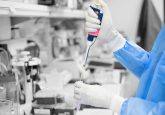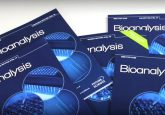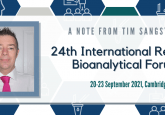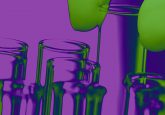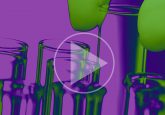Impact of Drug Delivery on Bioanalysis – workshop during Reid Bioanalytical Forum 2022

Impact of Drug Delivery on Bioanalysis – Workshop during Reid Bioanalytical Forum 2022
Key topics:
- Small molecule nanomaterial delivery strategies (by LC/MS)
- Formulation component bioanalysis
- Nucleotide & gene therapy delivery strategies
(LC/MS, Ligand binding, PCR, branched DNA)- LNP delivery for mRNA
- AAV delivery for gene therapy
After successful workshops in the 2019 and 2017 Reid Bioanalytical Forums, the Reid organizing committee is happy to announce that this tradition will be continued for the 2022 Forum.
The 2022 workshop will be presented by a team led by Amanda Wilson at AstraZeneca, Cambridge, UK, the Monday afternoon before the start of the Reid Bioanalytical Forum between 1 and 5pm (4h) preceded by a lunch (13 June 2022).
Summary
In recent years there have been many exciting breakthroughs for the novel delivery of therapeutics. Developing strategies for improved and targeted drug delivery are now an integral part of drug development. Novel drug delivery systems are being investigated as a possible approach to improving the pharmaceutical properties of a candidate drug.
Each different delivery vehicle presents the bioanalytical scientist with a unique set of challenges and often there is a requirement not only to understand the drug substance exposure but to also understand the relationship between the drug and its carrier.
The workshop will be beefed up using many real examples from the presenters’ own practice. Using case study data, the workshop will discuss several topics, including the analytical challenges when measuring drug exposure following nanomedicine delivery of small molecule or nucleotide drugs and or adeno-associated viruses (AAV) delivery of gene therapy pharmaceuticals. The first part of the workshop will focus on the strategies taken to measure nanomaterial delivered total and released small molecule drug by LC/MS and excipient analysis. The second part of the workshop will explore the application of a broader technological tool kit (such as ligand binding, PCR and branched DNA methods) to understand nucleotide and gene therapy exposure and biodistribution by vectors such as lipid nanoparticles and AAV’s.
For more information on booking and registration for this year’s forum, including the workshop, please use the following link.

